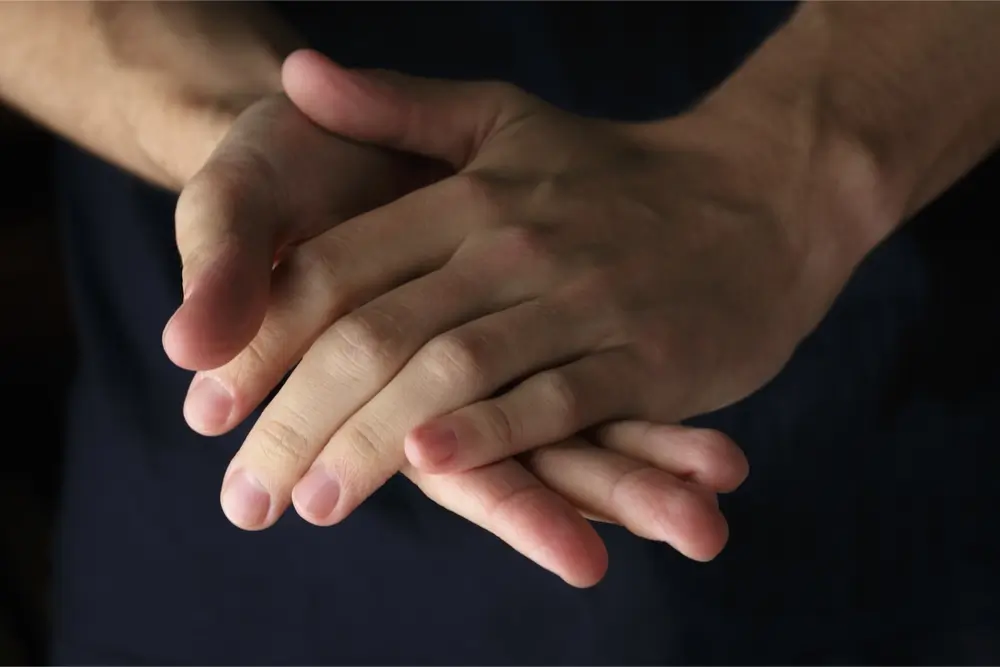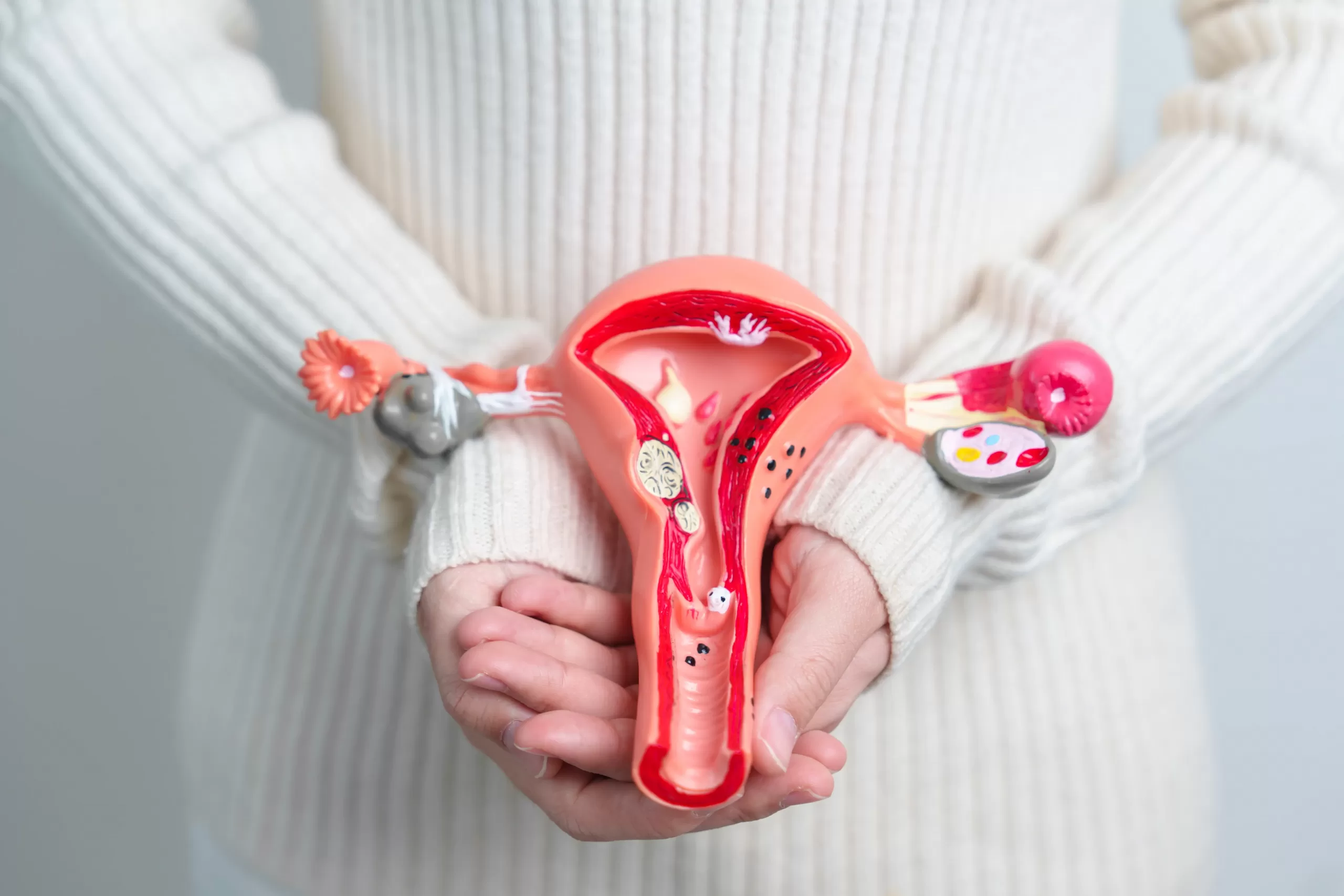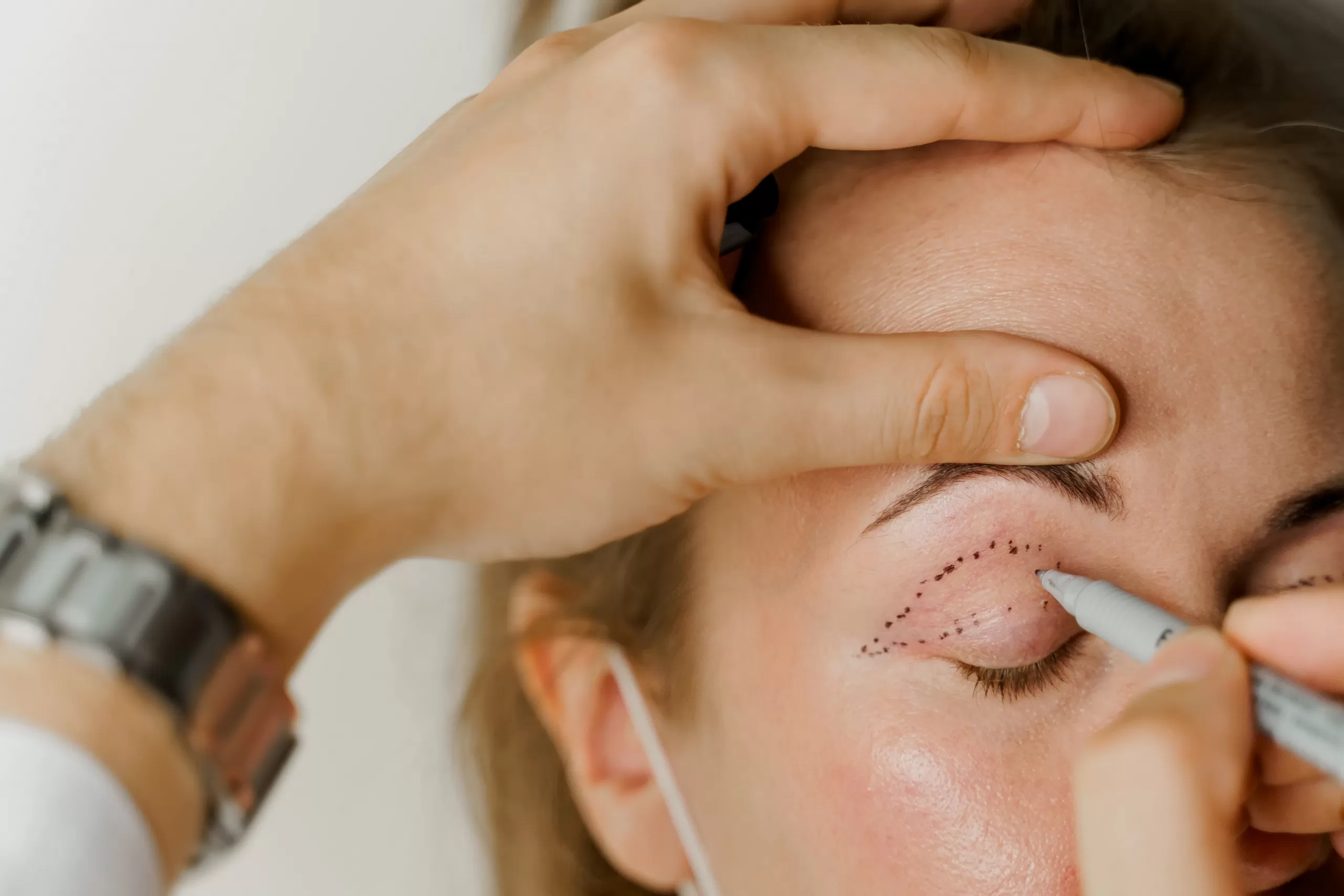Essential Tremor- symptoms, causes & treatment
What is an Essential Tremor?
- A tremor is an involuntary muscle movement, involving a small rapid shaking motion. It most often occurs in the hands and arms but can sometimes appear in other parts of the body, such as the head, vocal cords (voice-box), legs or trunk.
- There are many different causes of tremor
- Essential Tremor is a common type of tremor that tends to involve both hands (and arms), though less commonly it can cause tremor of the head.
- It is thought to affect 1-2% of adults, though is more common in later life, affecting about 5% of people over the age of 65. It often runs in families.
- In Essential Tremor, there are no other neurological symptoms (such as numbness, pins and needles or weakness), and examinations and tests performed by a doctor will show no underlying abnormalities.
- Even though it is not considered a serious condition, Essential Tremor can cause stress and embarrassment to people who have it, particularly around fine motor tasks like writing.
- However, as there are many other potential causes of tremor, it’s important to see your doctor to have your symptoms assessed, and make sure there’s no underlying illness.
So, what are the different types of tremor?
There are different types of tremor, and there can be some overlap between them- a person may have more than one type! Here are the main ones doctors check for:
Postural tremor:
If a tremor is present with hands outstretched, this is a postural tremor- this is the type of tremor seen in Essential Tremor. Other causes of a postural tremor include:
- Hyperthyroidism (an overactive thyroid)
- Anxiety
- Alcohol abuse or withdrawal
- A side effect of certain medications – e.g. Salbutamol puffers used to treat asthma, antidepressants or other medications used to treat mental health disorders.
- Other drugs such as caffeine.
- Less commonly, may be seen in types of neuropathy (nerve damage in the arms or legs)
Resting tremor:
If a tremor occurs with your hands resting, e.g. supported in your lap, it is known as a resting (or static) tremor. This can be a symptom of Parkinson’s Disease. It may get better (or disappear) during movement. In the early stages it may only happen in one hand. It can also occur in other neurological disorders, such as Multiple Sclerosis (MS)
Intention Tremor:
If a tremor occurs during a movement towards a target, for example, touching the tip of your finger to your nose- this is an intention tremor. It tends to worsen as your finger gets nearer to the target. It can be a sign of a problem involving the cerebellum, a part of the brain at the base of the brain, which controls movement.
How is the diagnosis confirmed?
- To decide what’s causing your tremor, your doctor will ask questions about your health- for instance, whether you suffer from anxiety, thyroid problems, drink a lot of coffee or alcohol, or if you take any medications that are known to cause tremor.
- You may be advised to have blood test- e.g to check thyroid function
- Sometimes imaging of the brain, as well as special tests of your nerves or muscles may be advised
- A referral to a specialist (neurologist) may be required

What is the treatment for Essential Tremor?
- Most people who have been diagnosed with Essential Tremor do not require treatment
- It’s usually advised to avoid anything that makes your tremor worse- for example, caffeine, stress, certain medications etc
- Sometimes a medication called a “beta-blocker” may be prescribed for Essential Tremor- though it does not work for everyone.
- Other treatments are sometimes prescribed by specialists- such as anti-seizure medication or less commonly, Botox injections (though these can lead to weak muscles in the hands)
- Research has also shown that special focused ultrasound treatment to parts of the brain may help in difficult cases, where medication has not worked.
If you have concerns relating to a tremor, you should speak to your doctor for further advice.
Further Patient Resources:
Essential Tremor. betterhealth.vic.gov.au
Essential Tremor. brainfoundation.org.au
Article Resources:
Zesiewicz TA, et al. 2011. Evidence Based Guideline Update: Treatment of essential tremor.
What is a hysterectomy and when is it needed?
What is a hysterectomy and when is it needed? A hysterectomy is a surgical procedure to remove a woman's uterus (womb), usually performed by a gynaecologist. It is commonly [...]
Eyelid cosmetic surgery
Is Eyelid Cosmetic Surgery Right for You? Are your eyelids feeling heavy? Do they affect your vision, making everything blurry or giving you a sense of constant fatigue? Do [...]
How to get the most out of your doctor’s appointment
How to get the most out of your doctor’s appointment Have you had a bad experience with doctors? Are you nervous about your next doctor’s appointment? Whether you are [...]





